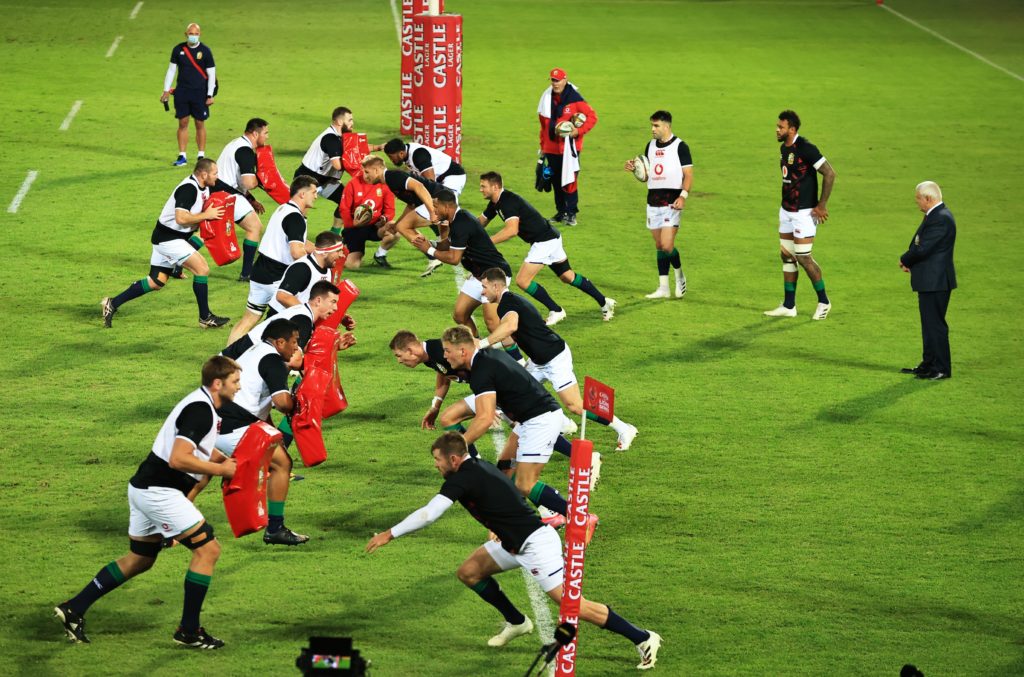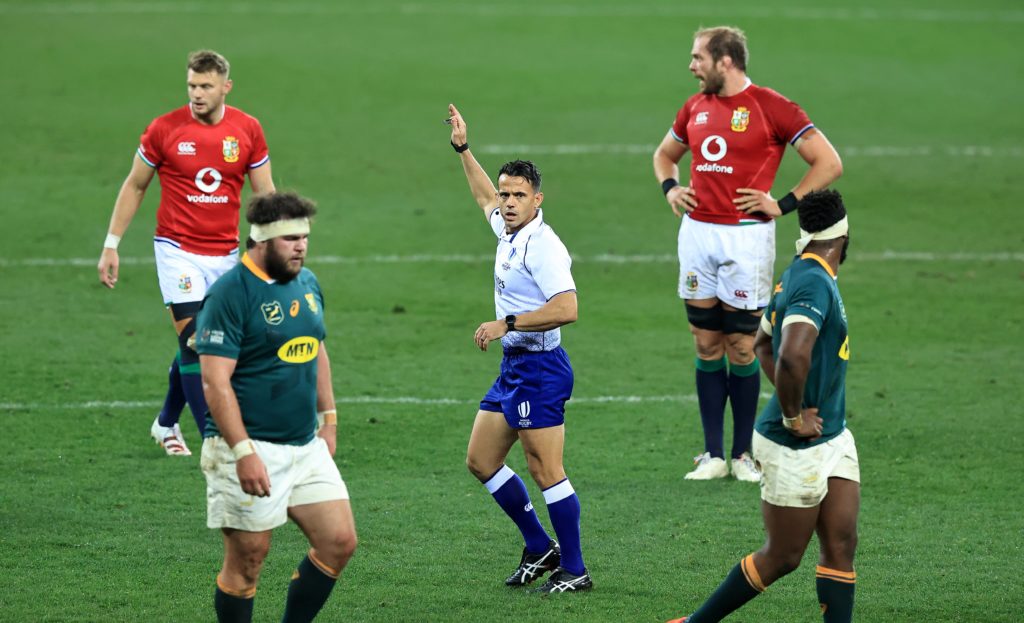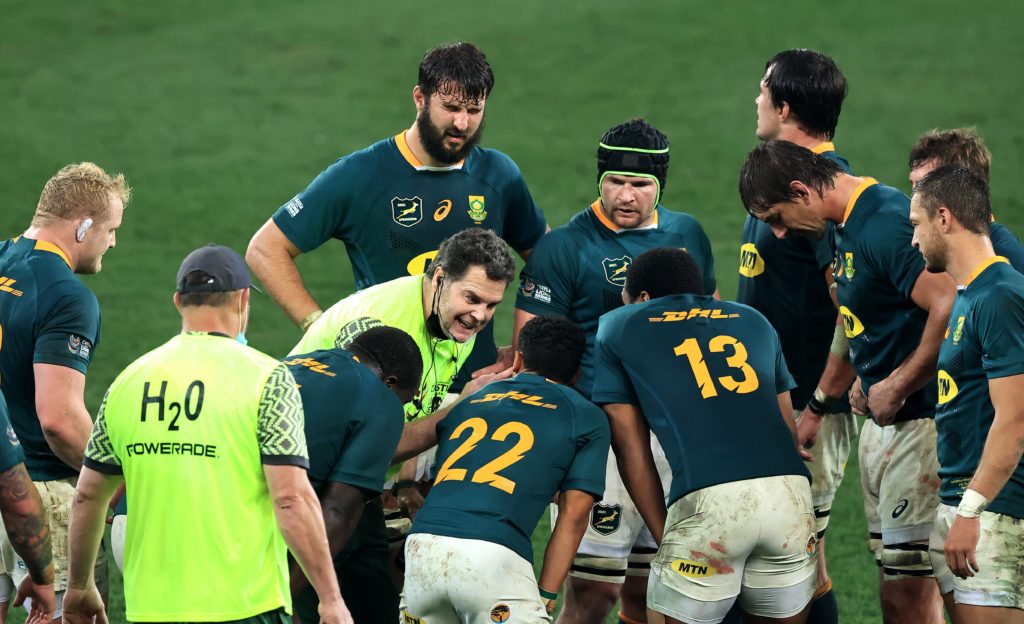What do you if you’re trekking through the backwoods of British Columbia and you run into a bear? Do you scream? Not a good idea, apparently. Bears can be skittish so-and-sos. OK, so do you run? Not recommended either since the bear might think you’ve got something to hide, get inquisitive and give chase. Climb the nearest tree? Yes, well, only one winner there, I’m afraid: nature’s equivalent of ringing HMRC to find out what happened to last year’s tax rebate.
Apparently, there are just two options. The first is to play dead or, to quote the Canadian National Parks’ website, “lie on your stomach with your legs apart and position your arms so that your hands are crossed behind your neck and remain still until you’re sure the bear has left the area”. Ballsy call, if you ask me: you could look deader than a possum’s post-mortem and find the bear simply takes you at face value and helps himself to a free meal.
Alternatively, there’s option two which, to quote the same page of the very same website invites you to “FIGHT BACK! Intimidate the bear: shout, hit it with a branch or rock, do whatever it takes to let the bear know you’re not easy prey”, all of which, frankly, sounds like an even dumber option than the first one. What’s a boy to do?
The correct choice, of course, is the one which ends up with you not being eaten, in other words, it’s the right call if it works. In the numbers trade this is known as ‘outcome bias’ or, if you prefer, ‘evaluating the quality of a decision when the outcome of that decision is already known’; a conundrum that applies not only to dealing with marauding bears in Canada but evaluating touring lions in South Africa.

For all his eminent successes, Warren Gatland has always had his critics but rarely more so than right now; should’ve, could’ve and why on earth try to outmuscle a team you should’ve been outmanoeuvring? Gatland supporters, of course, would argue that the tour went down to the wire and had his players snaffled and not squandered the chances they created in the first half of the third Test, they’d have won the game, swiped the series and the head coach would’ve been knighted in the New Year’s Honours List; Sir Warren’s detractors would doubtless retort that the only reason his team created those chances was because they were finally playing the rugby they should’ve been playing throughout the entire series.
And they’d have a point. Ask any film director what makes a flick work and what you’ll probably hear are two words: casting and screenplay. Much the same is true of rugby and, in this series, the Lions’ Test selection looked haphazard and the script they were shooting to was a clunker. The fact that, even then, the series teetered on the last play of the last game is testament to the players’ collective effort and staying power – and fair play to them – but it also the explains the screaming frustration of the Red Army back in their barracks across Britain and Ireland. Sound beatings aren’t exactly a bundle of fun but narrow defeats are worse than toothache.
This is the guts of it, isn’t it? Lions teams losing, we’re used to – only one of the last six series has gone the way of the tourists – but Lions teams refusing to roll the dice feels like a heresy.
The second Test was the missed opportunity. One up with two to go and with the Springboks under a mountain of pressure, here was a shot to nothing. Like the brilliant, teak-thighed Jason Kenny in the Olympic Keirin final, hit the opposition with something they’re not expecting, disorientate them and go for broke. Instead, the Lions went with box-kicks and brick walls and got steamrollered. Yes, I grant you, we’re back to the outcome bias conundrum again but had the Lions been a bit more ‘Kenny’, who knows?
And this is the guts of it, isn’t it? Lions teams losing, we’re used to – only one of the last six series has gone the way of the tourists – but Lions teams refusing to roll the dice feels like a heresy. Explorers, as they say, should be prepared to die lost but this was an expedition in which the head coach seemed manacled to the wrong map. South Africa weren’t exactly the last word in reckless adventure themselves but then – as discussed – if you win, ends invariably trump means.
Besides, over the series, the Springboks scored four tries from four backs and the Lions scored two tries from two hookers so, yes, while you could plausibly argue that the South African game-plan looks uglier than acne, the Lions weren’t exactly peaches and cream, were they? No one’s in any position to point accusing fingers.

All of which left us with two mammoths wrestling in a pit of tar. Graham Henry, diplomatically, described it as “a hard watch”; Ian Foster reckoned the series sent him to sleep and when the ball’s only in play for 26 minutes of the full 80 – as it was in the third Test – or halves of rugby take an hour to complete – the second Test – you’re doing your sport no favours. The gamesmanship – on and off the field – disfigured the series.
Fixing this is a tough one. Assessing injuries on the pitch and treating them off it would be a sensible place to start but the TMO quandary is vexed. You can’t expect them to be essential accessories and then moan about how long it takes them to do their job, the more so when the margins are so tight, the stakes so high and the scrutiny so intense. And personally, I rather enjoy an upstairs arbitration, assuming the commentators shut up and let me listen to it.
Hearteningly, the Lions seems to have lost none of its allure for the players. The skipper’s dogged determination to be a part of something that injury appeared to have denied him spoke volume.
But in this series, the public pressure piled on to the officials wasn’t just unfair but unedifying. In truth, it has long been a blight on the international game in both hemispheres, often an indulgence of coaches who’ve lost a key game or who themselves are under pressure. Poking each other – Eddie Jones and Michael Cheika springs to mind – is one thing but browbeating honest officials is anathema. World Rugby need to get to grips with it and, hopefully, Rassie Erasmus’s public and petulant swipe at Nic Berry will prove a watershed for the sport.
But, hearteningly, the Lions seems to have lost none of its allure for the players. The skipper’s dogged determination to be a part of something that injury appeared to have denied him spoke volumes and, in case anyone missed the point, AWJ sat down for his final news conference and laid bare his inner Telfer: “I’ve already had a bit of stick for being overly emotional,” he said, “and you know, I don’t give a fuck if people think I’m over-emotional, that’s what it means to me.” The Lions – emphatically – remains the Everest of Britain and Irish rugby.

The miracle, I suppose, was that the tour ever happened at all, shorn as it was of so many of its essential ingredients, not least the supporting hordes and the chance for the Lions’ players to see something more of South Africa than a training paddock and the hotel table-tennis table. Regretfully, but perhaps understandably, the Covid context appeared to reinforce bunker mentalities in both camps.
And while Alun Wyn won’t be a part of the 2025 voyage to Australia, others on this trip certainly will, ideally a tour with a radical rethink of the itinerary: France in Paris, followed by the USA in Chicago, Canada in Vancouver, Argentina in Los Angeles, the Pacific Islands in Auckland and Australia in Australia would suit me; frankly, anything that avoids meaningless provincial hit-outs against denuded teams. Hey, grab yourself an atlas and let’s spitball.
whoever calls the tune in 2025, can we at least have something we can dance to? The heady romance and the harsh realties of Lions’ tours haven’t always complemented each other in the modern era but they’re not mutually exclusive.
Other elements need a reboot too. After three tours of duty, it’s surely time to offer the veteran, battle-scarred Gatland heartfelt thanks and a commemorative medal; indeed, hearing some of the Lions’ management already touting him for 2025 was arguably the most startling soundbite of the series. The organisation urgently needs a fresh viewpoint and while post the 2023 World Cup is the obvious time to be making decisions, the likes of Farrell, Townsend, O’Gara, O’Connell and Lancaster will surely be in the conversation. Eddie Jones? No? Well, OK then.
But whoever calls the tune in 2025, can we at least have something we can dance to? The heady romance and the harsh realties of Lions’ tours haven’t always complemented each other in the modern era but they’re not mutually exclusive; besides, if sport doesn’t seek to inspire, why do we bother?
And yet, back with the bears in the backwoods of British Columbia, there are no guarantees either way. In 2009, the freewheeling, try-high Lions tried to outbox the South Africans and lost a wafer-thin series 2-1 on the back of Morné Steyn’s last-gasp right boot. In 2021, the juggernaut, try-shy Lions tried to ‘outboks’ the South Africans and lost a wafer-thin series 2-1 on the back of Morné Steyn’s last-gasp right boot. Go figure.
More stories from Graham Simmons
If you’ve enjoyed this article, please share it with friends or on social media. We rely solely on new subscribers to fund high-quality journalism and appreciate you sharing this so we can continue to grow, produce more quality content and support our writers.


Comments
Join free and tell us what you really think!
Sign up for free